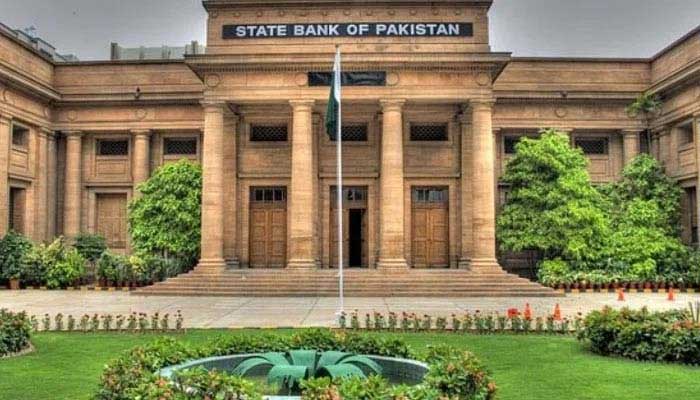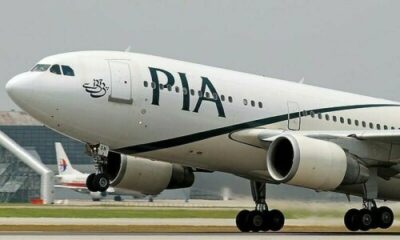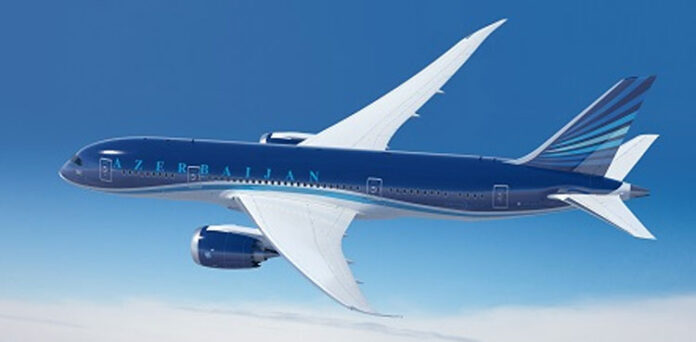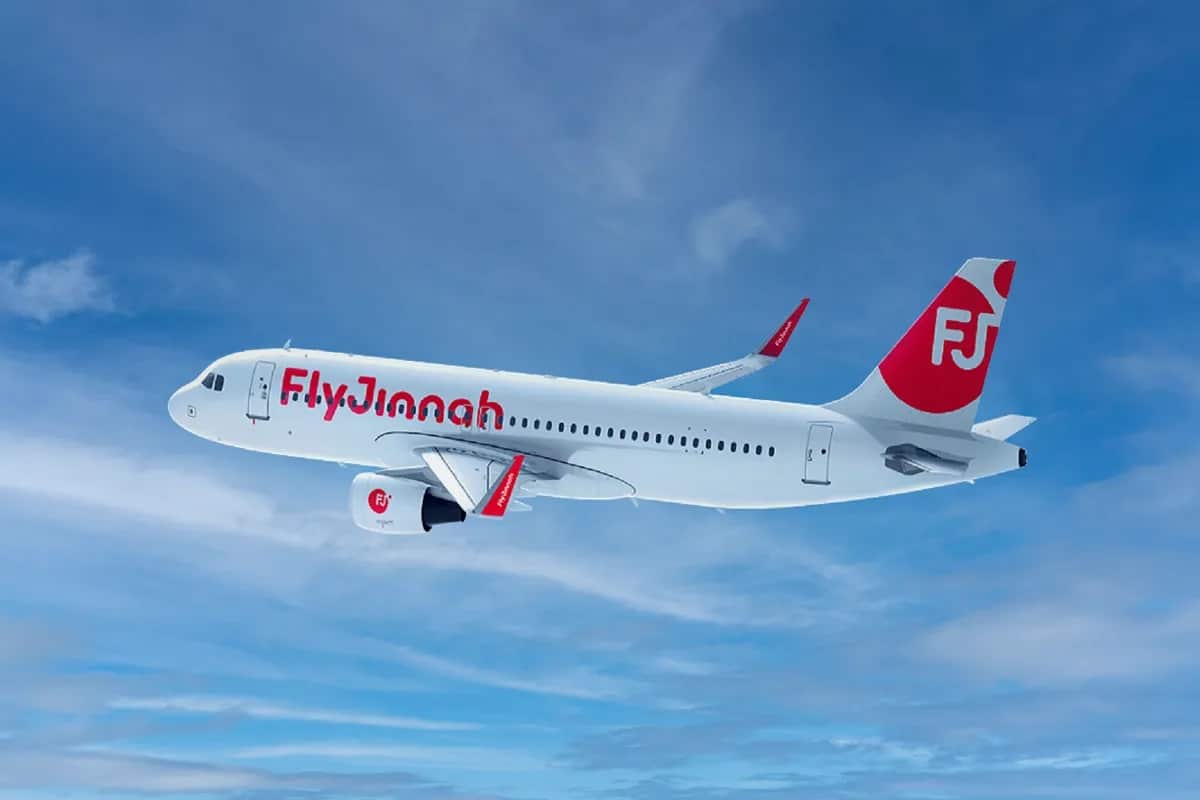- The State Bank of Pakistan will announce its new monetary policy on November 25.
- The Monetary Policy Committee will meet on Friday at SBP Karachi.
- Last month, the SBP decided to leave its key interest rate unchanged at 15% for the next seven weeks.
KARACHI: The State Bank of Pakistan (SBP) will announce its new monetary policy after a meeting of the Monetary Policy Committee (MPC) on Friday.
In a statement, the central bank says, “The Monetary Policy Committee of SBP will meet on November 25 at SBP Karachi to decide about the Monetary Policy. Later on, SBP will issue the Monetary Policy Statement through a press release on the same day.”
SBP leaves interest rate unchanged
Last month, the SBP had decided to leave its key interest rate unchanged at 15% for the next seven weeks.
“The committee was of the view that based on currently available information, the existing monetary policy stance strikes an appropriate balance between managing inflation and maintaining growth in the wake of the floods,” the central bank in a thread shared on Twitter.
The MPC meeting was the first after the start of SBP Governor Jameel Ahmad and Finance Minister Ishaq Dar assumed charge.
The decision to maintain a status quo was in line with Dar’s old recipe of running a controlled economy, under which he would like to have an easy monetary policy.
The SBP hds increased the rate by a cumulative 800 basis points in 11 months (September 2021 to July 2022) to 15%.
The interest rate and flexible rupee-dollar parity are the two major tools available to central banks all over the world to control inflation readings and give direction to the economic trajectory in their respective countries.
Monetary and inflation outlook
The MPC stated that in line with slowing economic activity, private sector credit has seen a net retirement of Rs 0.7 billion so far this fiscal year, compared to an expansion of Rs 62.6 billion during the same period last year.
“This decline in credit mainly reflects a retirement of working capital loans and a sharp fall in consumer finance,” the statement read.
The SBP said that looking ahead, the supply shock to food prices from the floods is expected to put additional pressure on headline inflation in the coming months.
Nevertheless, headline inflation is still projected to gradually decline through the rest of the fiscal year, particularly in the second half.
Thereafter, it should fall towards the upper range of the 5-7% medium-term target by the end of the fiscal year 2023-24.
A continuation of prudent monetary policy and orderly movements in the rupee should help contain core inflation going forward. At the same time, curbing food inflation through administrative measures to resolve supply-chain bottlenecks and any necessary imports should be a high priority, the central bank noted.
In line with the above-mentioned factors, the MPC will continue to carefully monitor developments affecting medium-term prospects for inflation, financial stability, and growth.
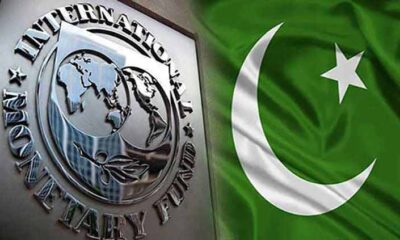
 Latest News1 day ago
Latest News1 day ago
 Education2 days ago
Education2 days ago
 Business2 days ago
Business2 days ago
 Business3 days ago
Business3 days ago
 Latest News2 days ago
Latest News2 days ago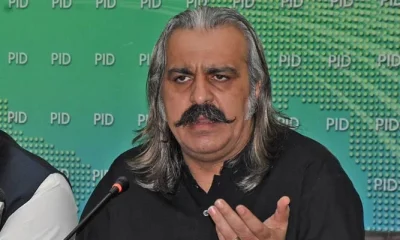
 Latest News2 days ago
Latest News2 days ago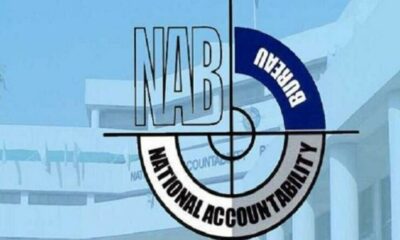
 Latest News2 days ago
Latest News2 days ago
 Latest News2 days ago
Latest News2 days ago
